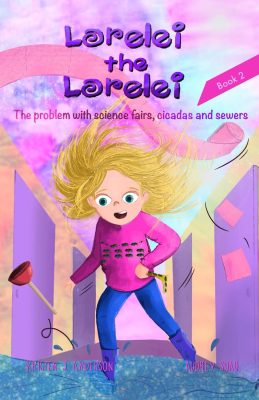A novelistic look at the serious issue of teen suicide, Suicide Tango walks us through the relationship between a young woman who wants to end it all and the psychiatrist who wants to keep her alive.
Doctor Jon Moore, a-just-okay-psychiatrist considers himself an expert on the issues surrounding teen suicide. One day a tall, beautiful girl, Tripsy South, strolls into his office without an appointment, lights a hooter (a joint) and tells him she has only a year to live. She intends to get rid of herself sometime soon. Her attitude is defiant with the overarching theme apparent: she is sick of her life.
Exploring who South is and who she might become takes one year, 52 sessions all recorded, even the ones South sleeps through. Moore points out that going from infancy to physical adulthood in only fifteen years is a massive endeavor that some may view as cataclysmic. The notion of suicide might provide solace to someone trapped in that maelstrom, especially since, to the young, it’s hard to envision a future beyond the moment. There is much opposition expressed to over-medicating and “big pharma,” and a leaning toward a simpler, more eclectic view of mental deviation through the vexing, ever-changing personality of South.
She is styled as an “indigo child,” more perceptive than her peers and more intelligent. These differences cause her to experience painful social alienation. At times the doctor becomes the student, and the patient becomes the teacher. South suggests, for example, that people like her need to talk to people like her – potentially suicidal peers. And by the time her therapy year has been successfully completed, Moore’s life has been upturned and needs examining.
This is a well-written book that slaps the reader upside the head with the snark of a young woman thinking of doing the most devastating act possible. And while the Suicide Tango is classified as Satire, it must be noted that Tripsy’s longing to commit suicide and her observations about it seem intensely honest and therefore able to speak to teen readers.
South presents a few practical ideas that may resonate with those who are at war with themselves. She is brash, unapologetic, and in-your-face in a way that demands and holds your attention, uncomfortable as that may be.
The best observation is from the dedication page: “…for Every Beautiful Soul who struggles with personal demons and, on occasion, slays the fuck out of ‘em.” Amen, Tripsy South. A-men.











Leave A Comment